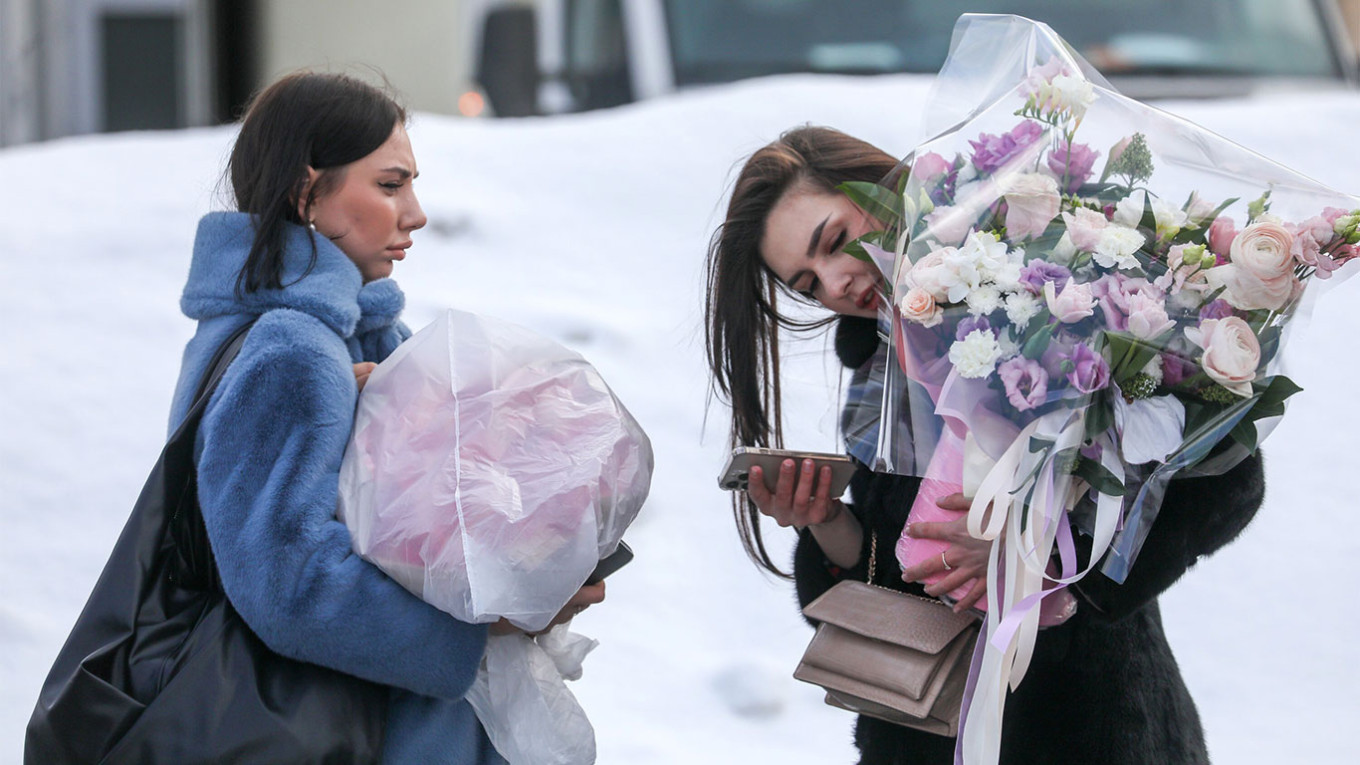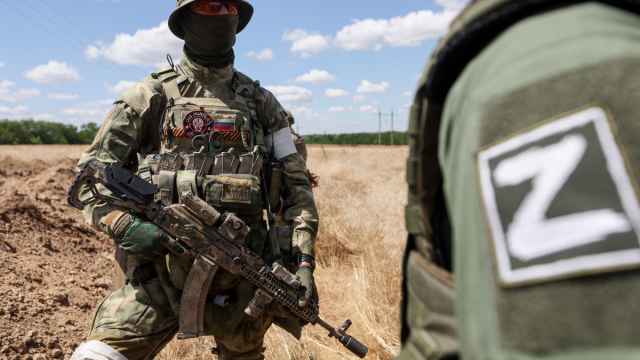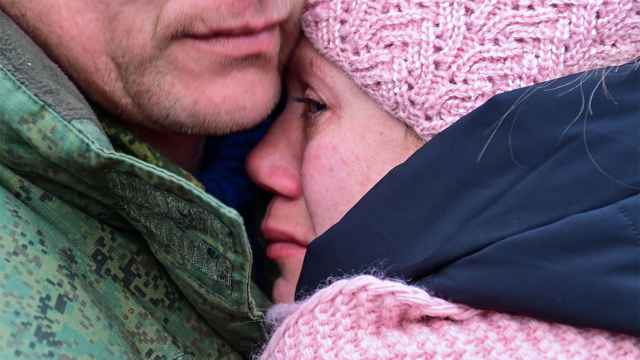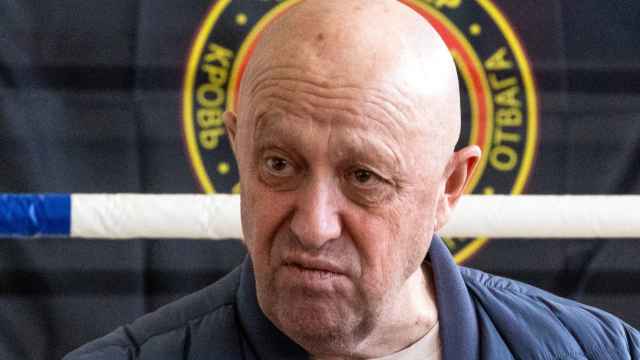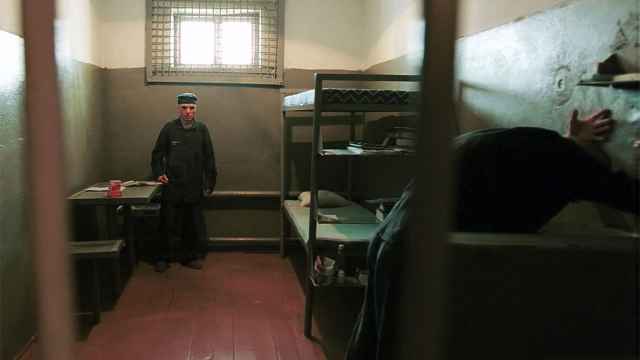Russia marked International Women’s Day on Wednesday amid the ongoing war in Ukraine that has caused significant suffering for women — and seen the Kremlin double-down on its promotion of “traditional” values.
“It’s beneficial for the authorities to promote rhetoric about male defenders and women as guardians of the hearth and fragile, vulnerable creatures,” the Feminist Antiwar Resistance group wrote on its Telegram channel earlier this week.
Different groups, with different political agendas, have sought to use the holiday to promote their political views and visions for gender relations in Russia.
In one campaign, Russian feminists and political prisoner advocacy group Uznik.Online encouraged people to write letters to the country's growing number of female political prisoners.
“Over the past year, there have been more prisoners of conscience due to repressive measures taken against anti-war activists,” a statement issued by opposition group Vesna said, referring to the growing number of criminal cases opened against Russians for speaking out against the war in Ukraine.
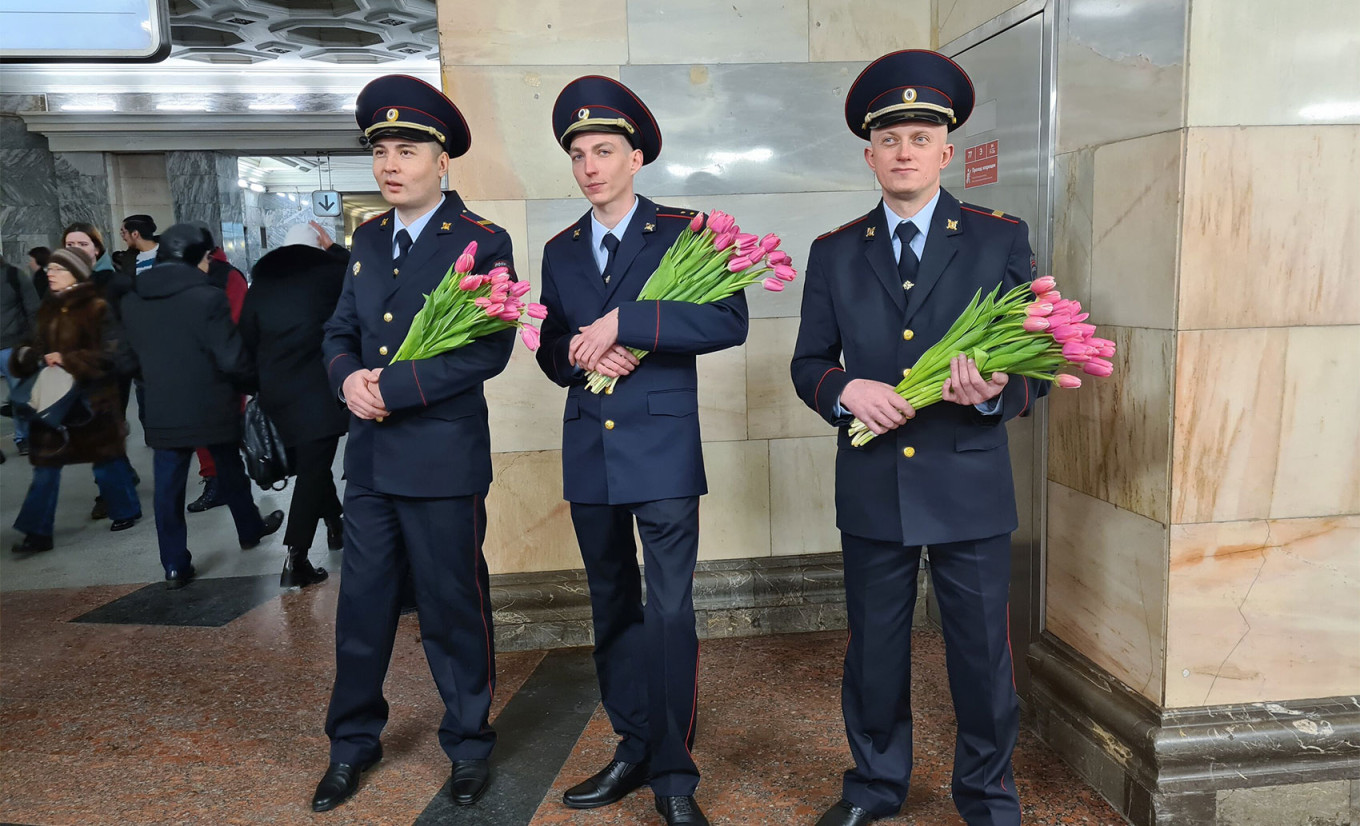
“Writing letters to prisoners is always important, especially over the holidays,” they said.
In a congratulatory message released Wednesday, Russian President Vladimir Putin singled out women serving in the Armed Forces and women with male relatives fighting in Ukraine.
"I know how sincerely, at times selflessly, you support our soldiers and officers... with your prayers, warm words and good deeds," said Putin.
"In difficult moments... the tenderness of a female heart always becomes a powerful force that shows the way to the correct, just and necessary path of action."
International Women’s Day has been celebrated as a public holiday in Russia for over 100 years. Despite its connection to the early-Soviet women’s rights movement, in contemporary Russia the holiday mainly serves to reinforce traditional gender roles, with women typically receiving flowers, sweets and congratulations on their femininity.
Much of the celebrations to mark this year's holiday — the second since Russia's launched its full-scale invasion of Ukraine — took on a martial character amid the ongoing fighting.
The leader of Russia’s notorious Wagner Group on Tuesday sent a truckload of sparkling wine to Ukrainian women.
A video published by Yevgeny Prigozhin’s press service showed him writing “To Ukrainian Women, from PMC Wagner” on a case of bottled alcohol.
The wine was reportedly from a winery near the battle-scarred city of Bakhmut, which was well-known for its sparkling wine production before the Russian invasion.
Elsewhere in Russia, soldiers from the Strategic Missile Forces were shown in a video flagging down cars to gift women with flowers. Traffic police officers took part in similar stunts.
Women serving in the Russian Armed Forces were shown taking part in a camouflage makeup contest.
In a statement released Wednesday, Russia’s highest-ranking female politician used the occasion to condemn Western countries for playing “dangerous games” with gender.
“We [in Russia] understand very well the deep significance of the division of people into men and women, the importance of social roles and the differences arising from this,” said Valentina Matvienko, the head of Russia’s upper house of parliament.
“We do not confuse the sexes.”
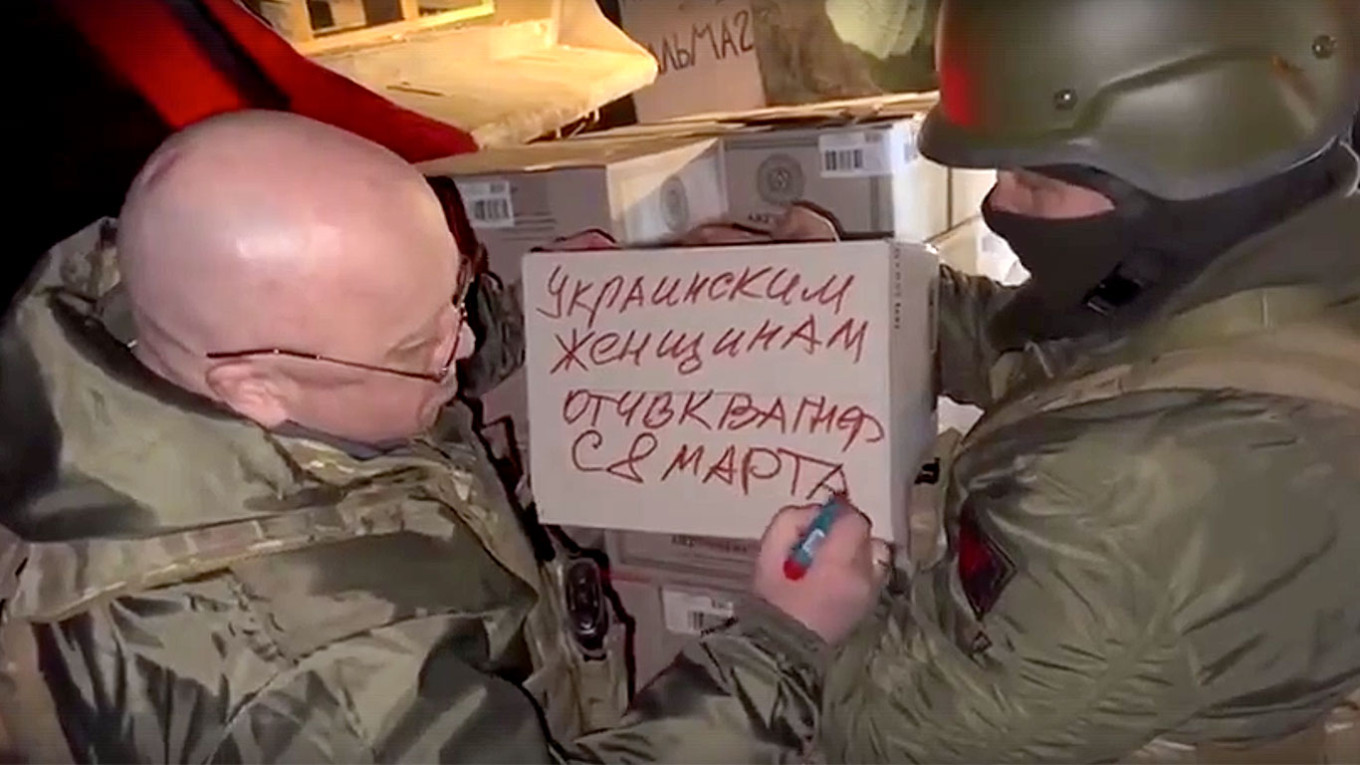
Russian forces have been accused of a litany of abuses and atrocities against Ukrainian civilians over the past year, with women acutely affected.
The UN last month called the war a “crisis” for Ukrainian women and girls.
The European Union on Tuesday imposed sanctions on two Moscow police officers, Lieutenant Colonel Alexander Fedorinov and Ivan Ryabov, who have been accused of ordering the torture of female anti-war protesters.
And the most recent package of EU sanctions on Russia targeted Russian special forces commander Major General Nikolai Kuznetsov and tank commander Colonel Ramil Ibatullin, whose units are accused of systematic acts of rape and sexual violence in Ukraine.
AFP contributed reporting.
A Message from The Moscow Times:
Dear readers,
We are facing unprecedented challenges. Russia's Prosecutor General's Office has designated The Moscow Times as an "undesirable" organization, criminalizing our work and putting our staff at risk of prosecution. This follows our earlier unjust labeling as a "foreign agent."
These actions are direct attempts to silence independent journalism in Russia. The authorities claim our work "discredits the decisions of the Russian leadership." We see things differently: we strive to provide accurate, unbiased reporting on Russia.
We, the journalists of The Moscow Times, refuse to be silenced. But to continue our work, we need your help.
Your support, no matter how small, makes a world of difference. If you can, please support us monthly starting from just $2. It's quick to set up, and every contribution makes a significant impact.
By supporting The Moscow Times, you're defending open, independent journalism in the face of repression. Thank you for standing with us.
Remind me later.


